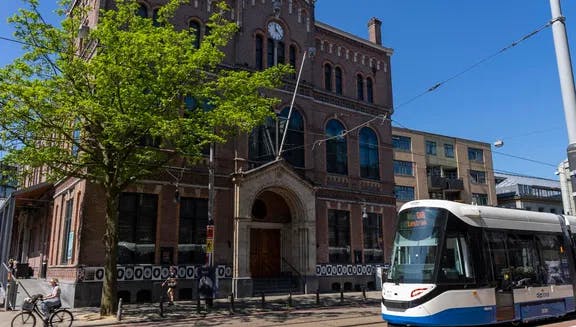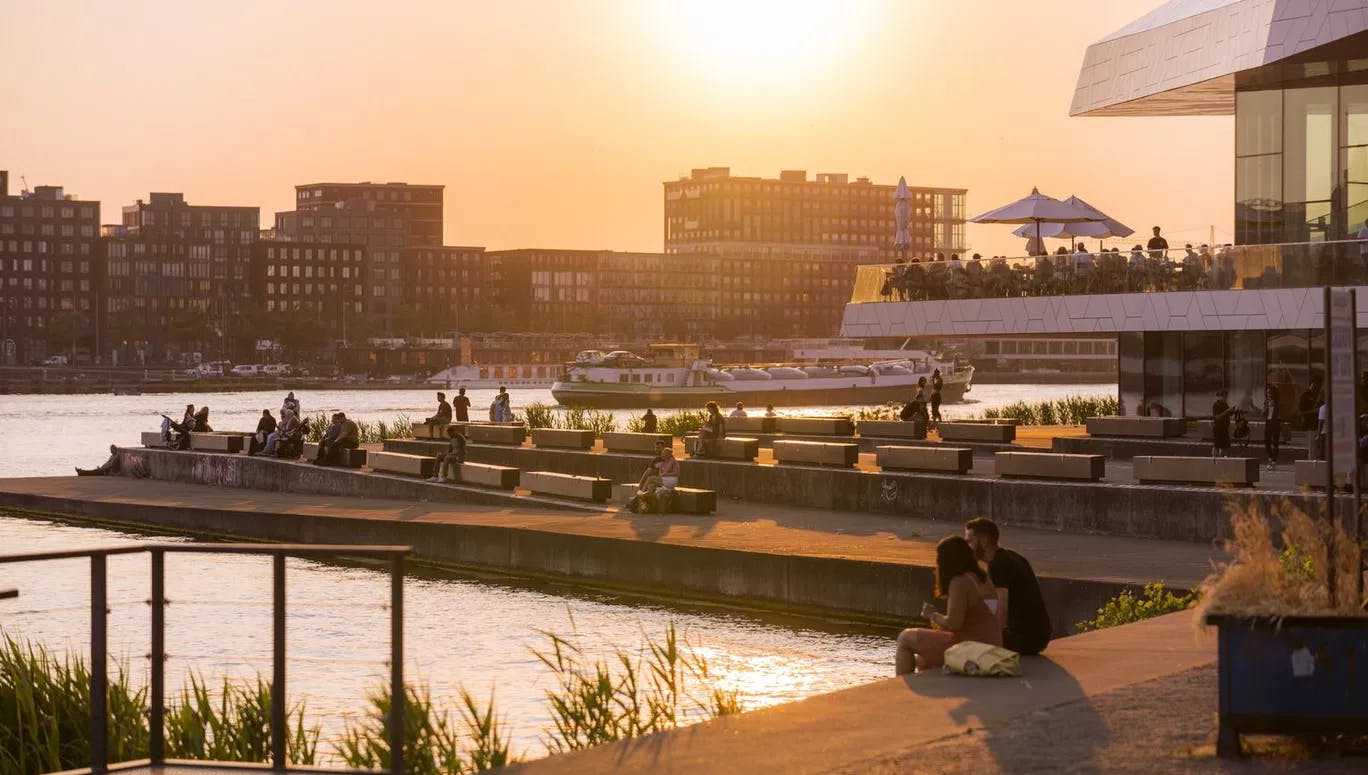
6 ways Amsterdam is building a smarter city
Finding creative ways to shape a more liveable city
Amsterdam has long been a dynamic city with a strong affinity for creative, technologically driven solutions. Back in 2008, the city was one of the first in Europe to develop a strategic ‘smart city’ approach and is now considered a global leader in implementing smart city solutions, according to IMD’s 2023 report.
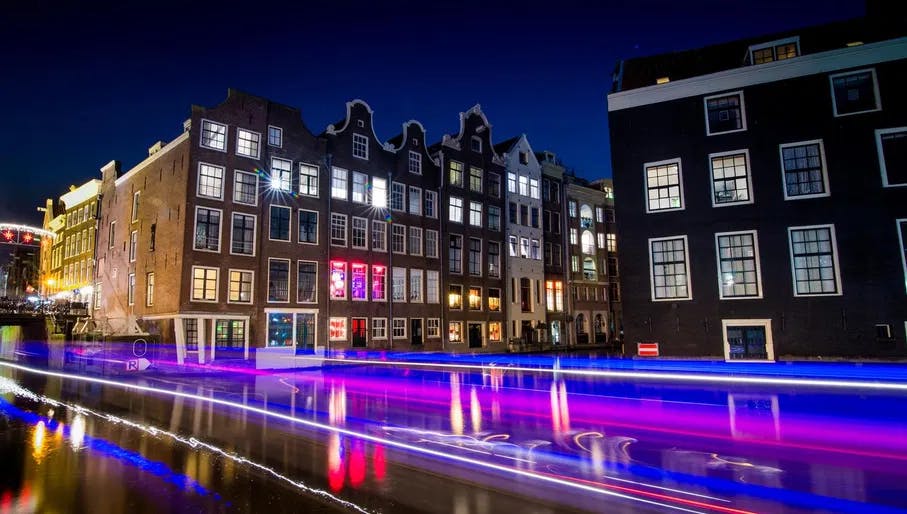
How to make cities ‘smarter’ - lessons from the Dutch capital
Amsterdam has taken a holistic approach to addressing future challenges by involving government, businesses, academic & research institutions, and residents in creating and testing innovative solutions for a more liveable city. Here are 6 lessons from the Dutch capital that can inspire cities to be smarter:
1. Use AI to promote social inclusion and public health
The acceleration of AI and its increasing use in our everyday lives has given rise to a host of concerns on how the technology is being developed and implemented. With a strong ethos of responsible technology, Amsterdam has helped set the European standard for ethical use of AI by providing a municipal framework for transparent technology standards.
The city’s Civic AI Lab is at the forefront of responsible AI application in impact areas such as education, welfare, environment, mobility, and health. Through higher education research projects, the lab addresses issues like equalising access and treatment in healthcare through building and testing machine learning models using privacy-by-design and fairness-by-design principles. The lab also acts as a resource hub for residents and businesses interested in navigating the risks and inclusive deployment of new technologies to promote equitable opportunities for all.
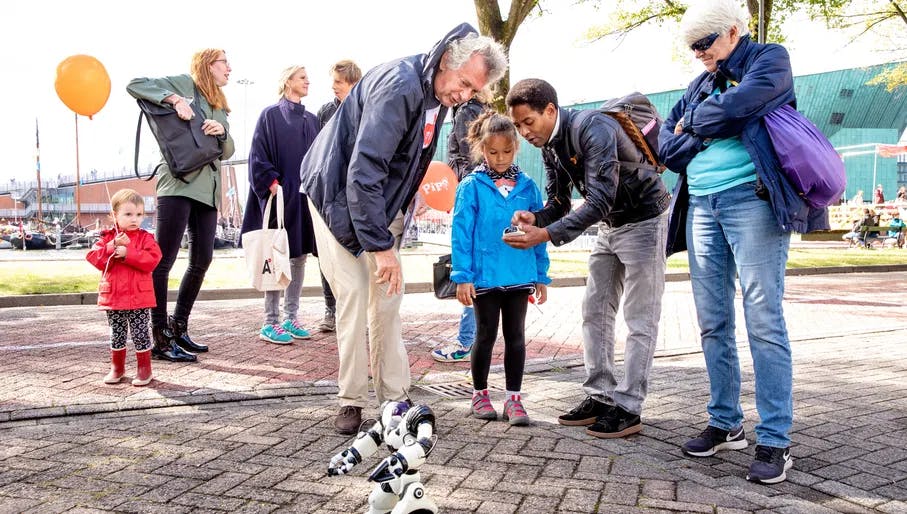
2. Engage citizens in testing innovations
Amsterdam views citizen engagement as a cornerstone to executing smart city solutions that meet the needs of a diverse population. By involving the local community, innovators can gain invaluable insights into the practicality and effectiveness of their ideas during the critical stages of development.
The city is home to numerous 'living labs' that focus on engaging citizens in reshaping the city’s future. The AMS Institute is a leading smart city hub, collaborating with public and private stakeholders to research, implement, and test sustainable metropolitan solutions with the help of resident feedback. Many of their projects hinge on involving and empowering citizens to help solve urban issues like heat mapping, clean water, and air quality.
Traditionally seen as wasteful, music festivals like Mysteryland are redefining the event industry by turning into temporary testing grounds where entrepreneurs can try out sustainable solutions in a real-world scenario. These micro-societies serve as a stress test for solutions that address environmental challenges and promote more responsible resource consumption.
3. Reuse EV car batteries to store clean energy
When it comes to the energy transition, developing clean and circular ways to produce and store renewable energy is vital to ensuring future proof cities. Amsterdam’s own sports stadium, the Johan Cruijff ArenA, has found a creative way to both store renewable energy and solve an existing waste issue - what to do with electric vehicle (EV) batteries when they pass peak performance.
The stadium, which houses the city’s football team and hosts major events, has developed Europe’s largest commercial energy storage system utilising both new and used EV batteries. This system can store up to 3 megawatts of power, which is the equivalent to powering 7000 households in Amsterdam for 1 hour.
Its primary purpose is to provide backup power for the stadium in case of outages or during peak demand, as well as ease the strain on the power grid when hosting energy-intensive concerts or events. When the demand is low, the system can also contribute to the power grid using energy from both 4200 solar panels on the stadium roof.
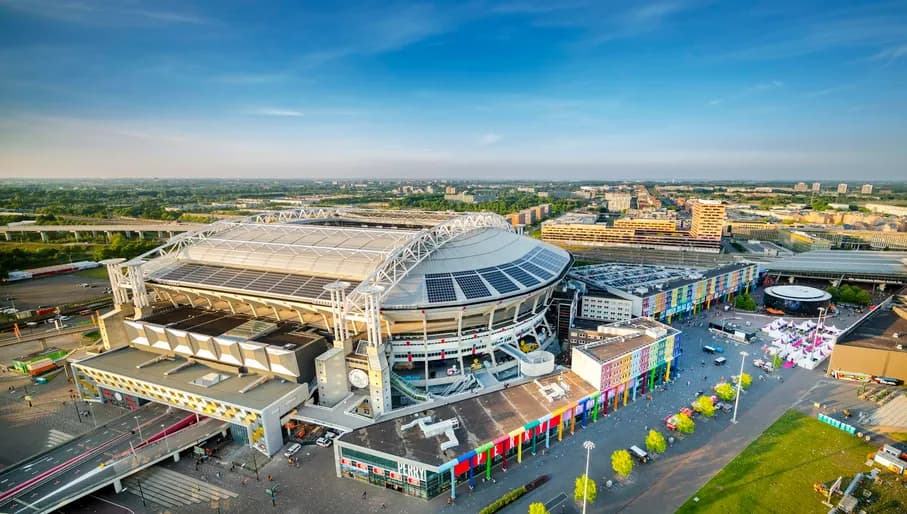
4. Make room for car-less transport
Back in 2016, Amsterdam made headlines for appointing the world’s first bike mayor to ensure the growth and quality of the city’s biking infrastructure. As the city’s most popular mode of transport, biking is an affordable and eco-friendly way to get around in the densely populated city.
Since the creation of the position, Amsterdam’s bike mayors have helped reshape transport policies to consider the needs of pedestrians and cyclists over those of cars. This has resulted in some 850 km (530 miles) of dedicated bike lanes and construction of the world’s largest underwater bike parking garage.
Given the city's shortage of space and growing population, bikes are seen as the future of urban transport with cars being limited or banned from some parts of the city altogether. According to Amsterdam's current bike mayor Melanie van der Horst:
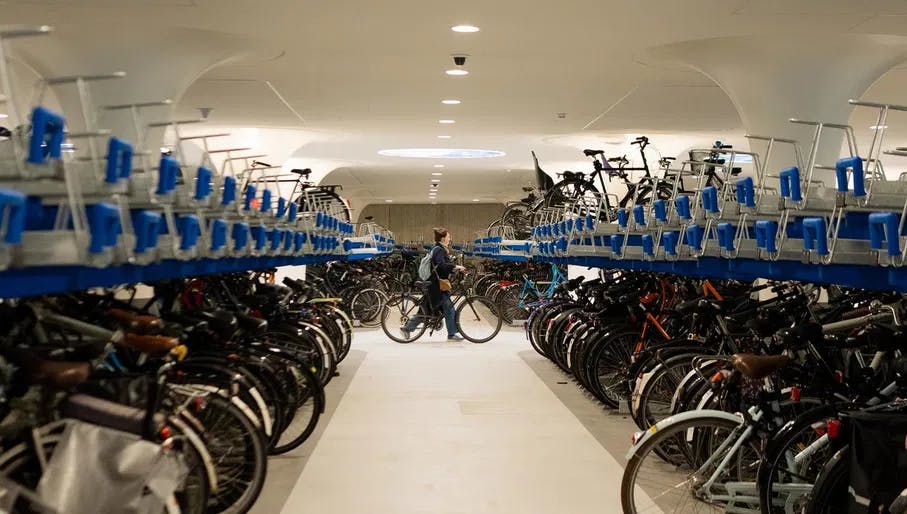
5. Adapt to extreme weather with blue-green roofs
As cities around the world grapple with extreme weather, Amsterdam is implementing a series of eco-friendly initiatives to make the city more resilient in the future. This involves turning to the concept of 'blue-green' roofs as a way to both manage urban flooding and keep homes cooler. These roofs combine a water retention system with a top layer of vegetation that helps to collect rainwater, reduce air temperature, and boost biodiversity.
Since 2018, the city has collaborated with Resilio to install ‘smart’ blue-green roofs in some of the city’s most flood prone neighbourhoods. These roofs include a digital sensor that can respond to seasonal fluctuations and anticipate incoming rainfall. A study conducted on Resilio roofs found they could capture up to 97% of extreme precipitation. The sensor’s ability to estimate the best time to store water also helps these roofs transform into drought-resistant environments where indigenous plants can flourish and attract a wider array of wildlife and insects.
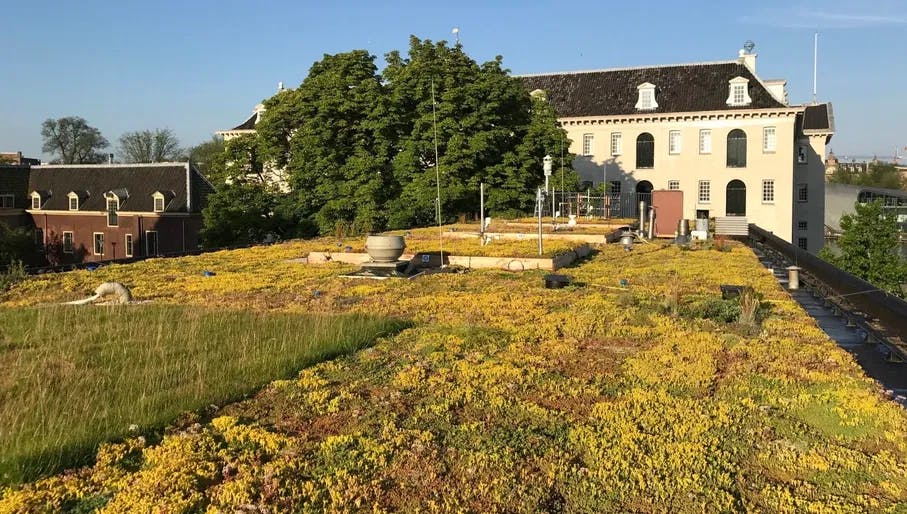
6. Construct buildings that are circular by design
With a growing population and the ambition to be a zero-emission city, Amsterdam has become a hub for sustainable methods of construction. This is reflected in the city’s municipal tender requirements, which encourage the use of bio-based or recycled materials and regenerative design to create buildings that absorb CO2 and can be adapted instead of demolished for future use.
New building projects in Amsterdam are characterised by features that reduce environmental footprint, extend the building lifespan, and promote social and ecological growth. This includes the use of reclaimed and recycled materials, energy neutral facilities, and modular design. Innovative companies like StoneCycling are using technology to advance the use of waste and bio-based materials in construction - already saving nearly 3 million kilograms in upcylced waste so far.
Related articles

Dutch offshore wind project OranjeWind secures major turbine order

SET Ventures launches €200M fund to boost climate tech startups

Carbon Equity raises €10M with launch of new Climate Infrastructure Fund

Amsterdam’s Chapter secures €3M to launch AI operating system for sustainable energy

Amsterdam researchers join HyPRO the largest Dutch green hydrogen project
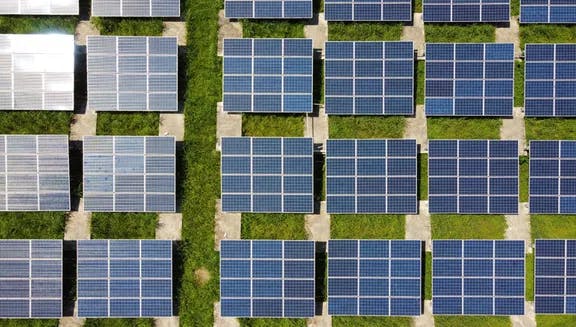
Carbon Equity raises €100M for funding climate initiatives

Move Energy Fund secures €10M to drive energy transition in Amsterdam

EU approves €750M Dutch scheme for industrial decarbonisation

TNW Conference lands at NDSM Amsterdam
